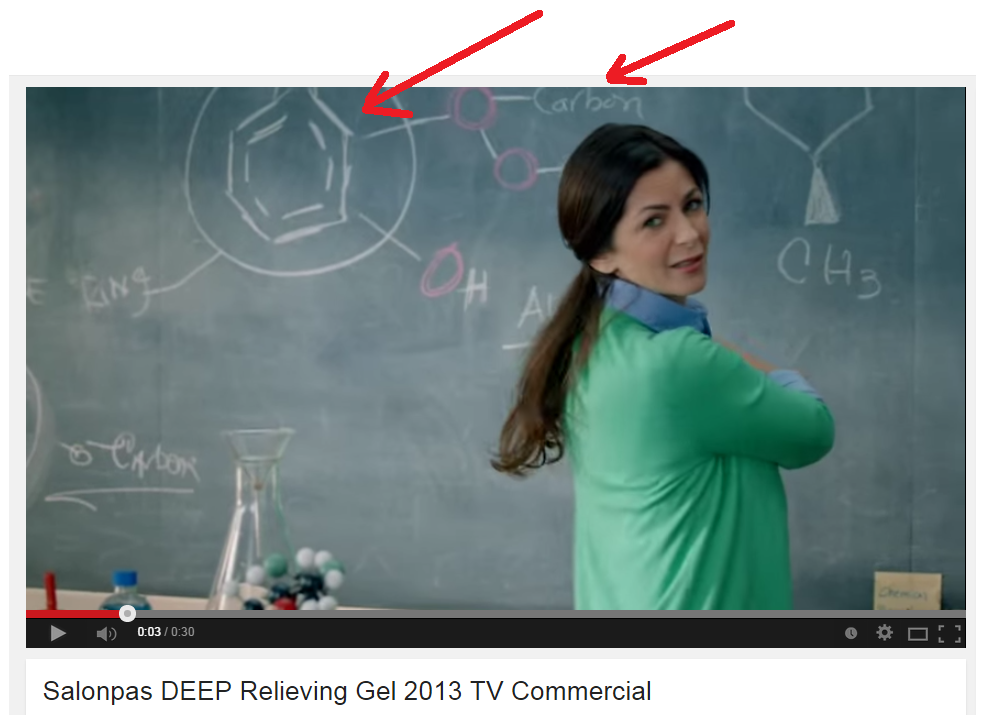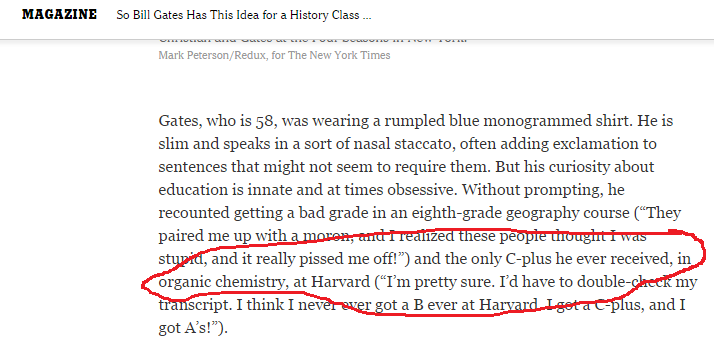North Chicago, IL: Nice to see 3 positions posted by AbbVie, as well as this little tidbit:
The Discovery Chemistry group has multiple openings for a Senior Scientist I, Chemistry.Ponies prance.
Clark, NJ: L'Oréal is looking for a senior chemist. Experience in skincare, makeup or haircare preferred. B.S. in chemistry (8-10 years formulations) or M.S./Ph.D. w/ 2-5 years.
Brevard, NC: I see PharmAgra is looking again. It's like swallows to Capistrano or something.
Germantown, MD: Intrexon desires an M.S./Ph.D. protein LC/MS chemist. Looks to be entry- or early-mid level.
Bartlesville, OK: I see that Chevron Phillips Chemical is hiring a synthetic chemist; looks interesting, especially the comments about organosulfur chemistry.
$$$$: Interesting scientific director position in Las Vegas (all degree levels desired):
MM Lab, Inc. is in the process of designing and building a 2,500 sq. ft. state of the art laboratory to perform all State of Nevada mandated Medical Marijuana testing for usable marijuana, marijuana-infused products, extracts of marijuana and edible marijuana products. The Company’s objective is to deliver a premier model of laboratory services by providing analytical support and professional consulting to marijuana cultivation facilities and the marijuana product industry to insure the safety and efficacy of medicinal marijuana products.
The Scientific Director ensures that the laboratory achieves and maintains quality standards of practice and also supervises all staff of the laboratory....Salary: 90,000.00 - 130,000.00, with "Generous bonus program available." Huh.










